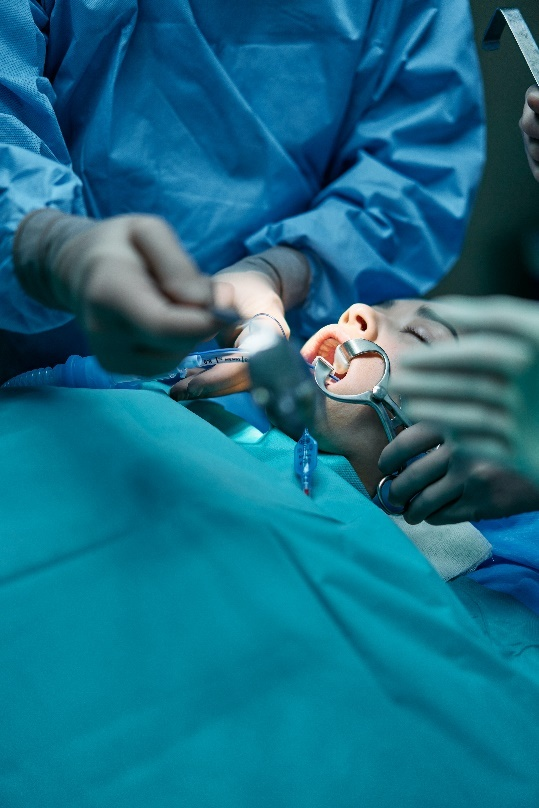Dental surgery is a common procedure as it addresses a myriad of oral hygiene problems. Each patient has different needs, so each case is treated differently.
Oral surgery involves any surgical procedure for the jaw, teeth, or another part of the mouth. You may have heard of tooth extraction, but that’s only one type of oral surgery. Let’s explore other types of oral surgery in this post.
If you’re looking for any oral surgery treatment consultation, reach out to our dentists in Royal Oak and Bingham Farms.
Types of Oral Surgery
We have outlined some of the common oral surgical procedures in this post:
1. Wisdom Teeth Removal
Wisdom teeth are additional molars that emerge at a later age, around 17 or 20. Sometimes these teeth come in fine and add more chewing power, but other times, they can crowd against adjacent teeth, causing pain.
In such cases, wisdom teeth removal is necessary. The removal requires light sedation to alleviate anxiety and pain related to the surgery. People recover from the extraction in fewer days.
2. Tooth Extraction
Tooth extraction is a common dental surgery around the world. Millions of people undergo tooth extraction every year. Decay and wear and tear can infect or break our teeth. The only plausible option is to have a skilled oral surgeon take it out.
The surgeon uses a numbing agent to ensure the surgery is painless. They’ll remove the infected or damaged tooth, clean the cavity and place a suture for healing.
3. Facial Reconstruction
Any trauma or accident can knock out your teeth and break your jaw or facial bones. Maxillofacial surgeons perform reconstructive surgery to restore the appearance and function of the oral cavity, jaw, or face.
Reconstruction can take multiple procedures depending on the severity of the trauma.
4. Dental Implants
If you lose a tooth or two, you may want to replace it with a dental implant. This surgery is extensive and requires several visits. The dental surgeon implants a post into the jawbone through your gum.
Some people may also require bone grafting if they’re poor bone structure.
5. Cleft Lip or Palate
Though plastic surgeons perform this surgery on children, maxillofacial surgeons can also fix the facial defect that causes speech development and feeding problems. The cleft palate leaves an opening on the roof of the mouth. A cleft lip, on the other hand, is called a turned-up front lip.
Babies can have both cleft lip and palate, which a maxillofacial surgeon can repair.
6. Apicoectomy
Maxillofacial and oral surgeons perform this surgery when the root of a tooth is hooked at the bottom. It makes the root canal procedure difficult to complete. The dental instrument cannot reach the tip of the root, so the nerve is had to remove.
It can cause an infection. Apicoectomy prevents the infection by removing the tip and filling the space.

Get all the oral surgery services under one roof. Head over to Advanced Dentistry Center is known for its patient-friendly services where each patient is treated as a family. We offer all types of oral surgery services. Contact us today!

